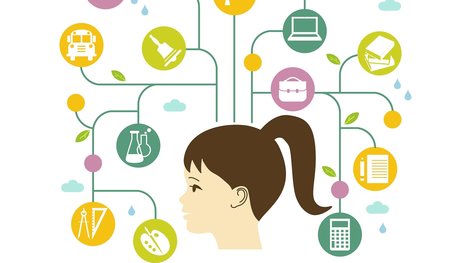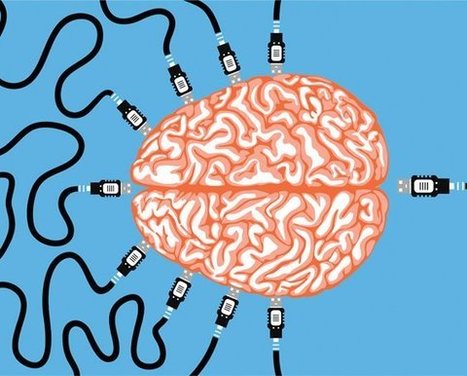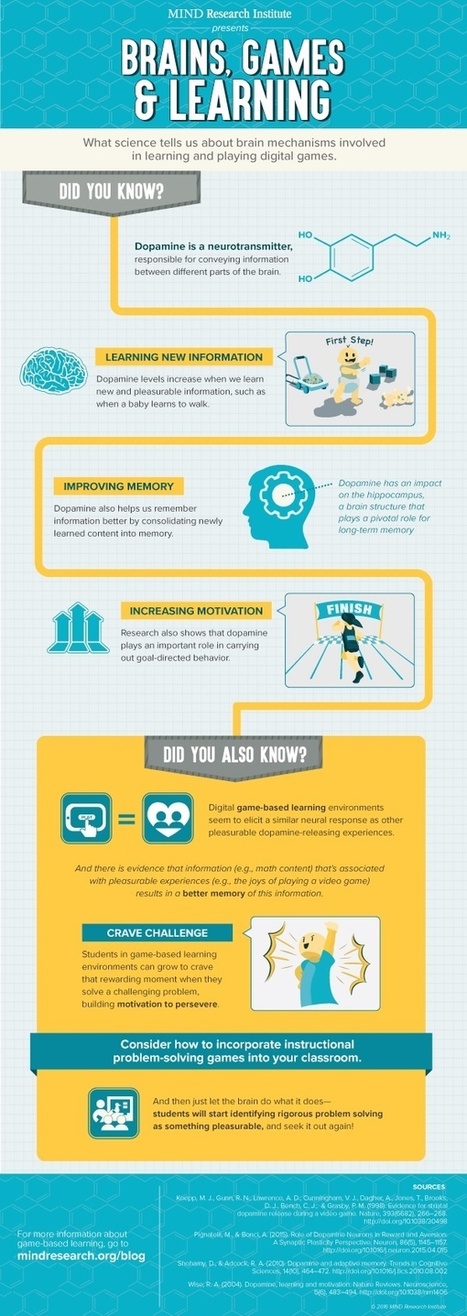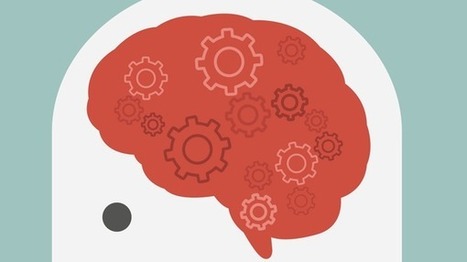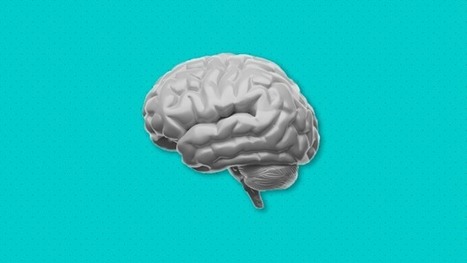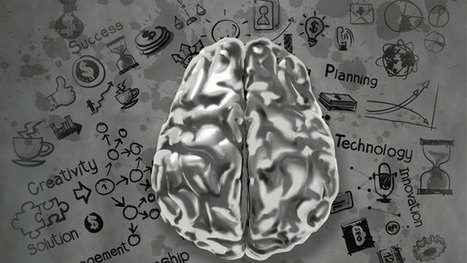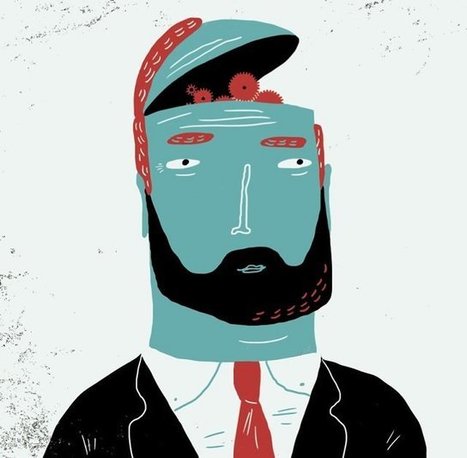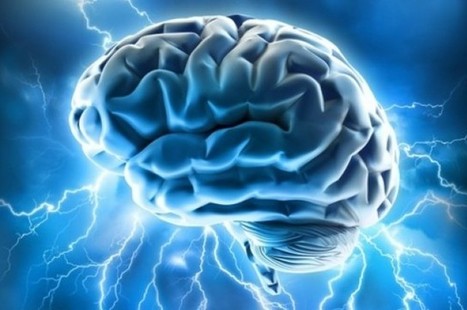Nina Radcliffe’s teaching practice was changing. The “Getting to Know and Love Your Brain” poster on her wall, which read “breathe deep into your belly to stay calm and help your PFC (prefrontal cortex) think clearly,” prompted her first graders to get their brains ready for learning. The chime she rang to remind students to take a calm breath before focusing their attention signaled that this breathing practice had become embedded into classroom culture.
Research and publish the best content.
Get Started for FREE
Sign up with Facebook Sign up with X
I don't have a Facebook or a X account
Already have an account: Login
Literacy in a digital education world and peripheral issues.
Curated by
Elizabeth E Charles
 Your new post is loading... Your new post is loading...
 Your new post is loading... Your new post is loading...

Norton Gusky's curator insight,
December 1, 2016 8:42 AM
I never thought about using game-based learning with Habits of Mind, but here you have a set of playing cards that lends itself to a game challenge.

elearning at eCampus ULg's curator insight,
June 5, 2016 3:18 AM
Nice infographic about learning and gaming

Nik Peachey's curator insight,
November 14, 2015 1:25 AM
Recommended reading for anyone involved in education. 
Ra's curator insight,
November 14, 2015 6:42 PM
Make the connection - tune the kids into how their brain works |
|






